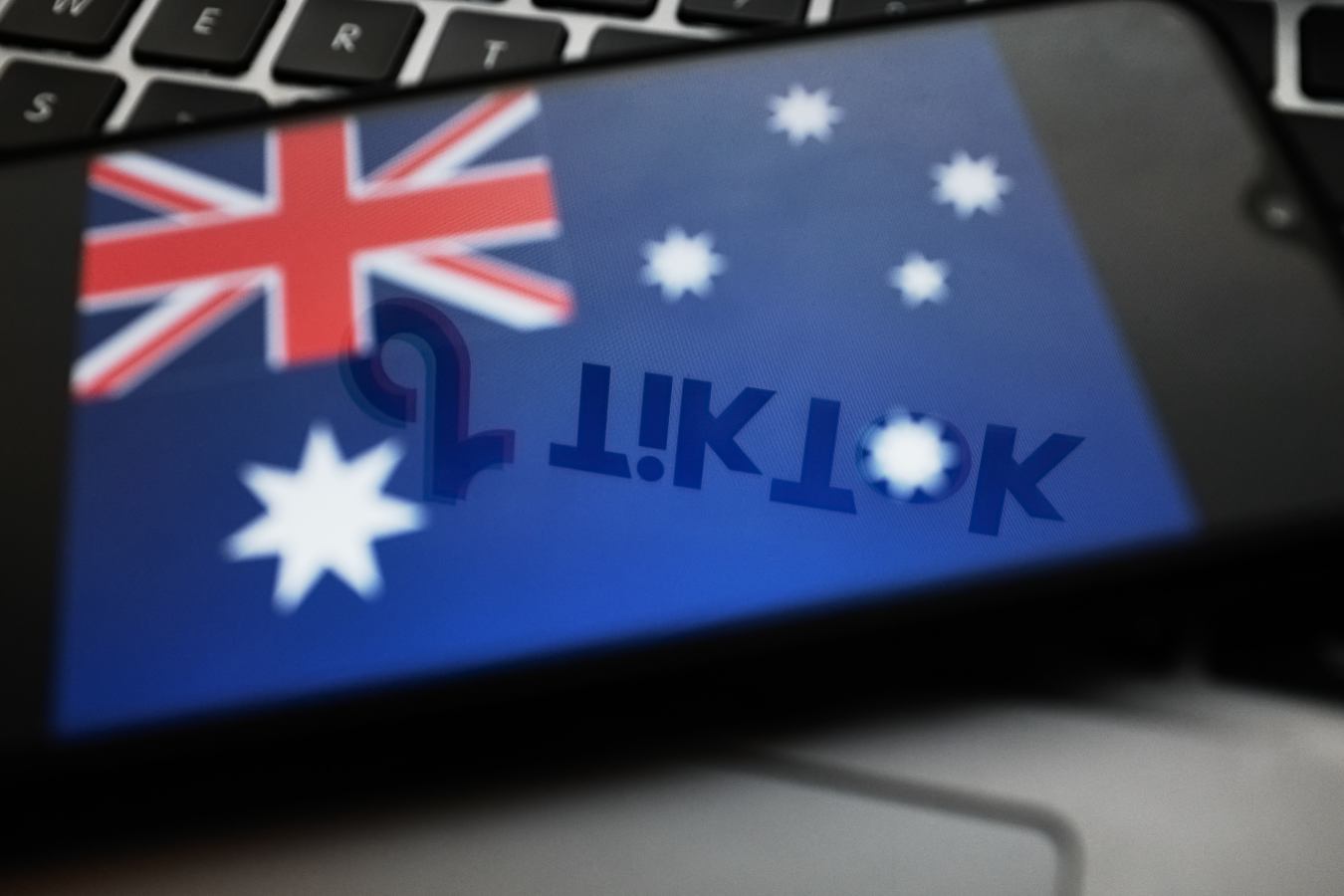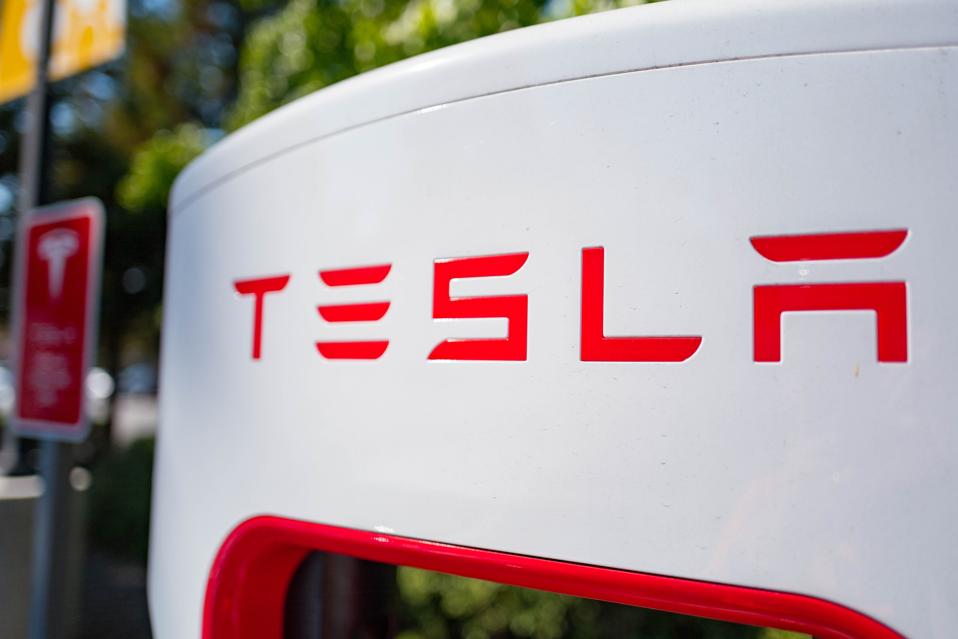TikTok has officially mounted what is sure to be a protracted legal challenge to a law signed by President Joe Biden in April that would ban the wildly popular app in the United States unless its China-based parent company ByteDance agrees to sell it to an American owner.

The new law that could ban TikTok was the culmination of years of escalating concerns over whether the app could be used to surveil Americans or manipulate public discourse.
Future Publishing via Getty Images
On Tuesday, the company filed a suit aimed at thwarting the Protecting Americans From Foreign Adversary Controlled Applications Act, a bill that would give ByteDance 270 days to divest its crown jewel or face the removal of TikTok from app stores nationwide. In the suit, TikTok cast the law as a targeted and unconstitutional ban on the platform—despite assurances from Biden and the White House that the goal is not to shut down TikTok, but to keep it operating here under new ownership. TikTok described the law as a violation of its own First Amendment rights, as well as the free speech rights of 170 million Americans.
“There are good reasons why Congress has never before enacted a law like this,” the companies’ attorneys from Mayer Brown and Covington & Burling wrote in a 67-page complaint. “Congress has never before crafted a two-tiered speech regime with one set of rules for one named platform, and another set of rules for everyone else.”
“Congress must abide by the dictates of the Constitution even when it claims to be protecting against national security risks,” the complaint said. “Congress failed to do so here, and the Act should be enjoined.”
The new law was the culmination of years of escalating national security fears about whether TikTok—powered by an opaque and enormously valuable algorithm developed by ByteDance engineers in China—could be used to surveil Americans or manipulate public discourse. Those concerns were intensified by a drumbeat of Forbes reporting revealing that ByteDance has used TikTok to spy on journalists; suppressed discussion of certain “sensitive” topics on some of its platforms; and mishandled the data of TikTok creators, TikTok advertisers and celebrities, politicians and other public figures on the app. Chinese state media have also used TikTok to push divisive videos about U.S. politicians. The complaint dismisses these kinds of well-documented data security and content risks as “speculative and analytically flawed,” stating: “Speculative risk of harm is simply not enough when First Amendment values are at stake.”
Meanwhile, others argue that shuttering the app would deal a blow to the American economy, and the same lawyers who stopped it from being banned by former President Donald Trump in 2020—and later, from being shut down in Montana—are already assembling creators to join lawsuits to push back.
TikTok’s new petition only raises the stakes on that fight; here are five key takeaways to know about it.
Related
Biden’s use of TikTok undermines purported national security concerns, TikTok says
The Biden campaign joined TikTok shortly before he signed the law that could ban it, a move that’s left some critics and creators scratching their heads. TikTok has used that—and the fact that several members of Congress who supported the law are also active on TikTok—as ammunition to show that the app’s supposed national security risks are moot. “This continued use of TikTok by President Biden and Members of Congress undermines the claim that the platform poses an actual threat to Americans,” TikTok said in its complaint. And in a departure from his previous stance on the app, Trump, too, is considering joining TikTok to reach prospective voters.
Divesting is a non-starter, TikTok says
“The ‘qualified divestiture’ demanded by the Act to allow TikTok to continue operating in the United States is simply not possible: not commercially, not technologically, not legally,” TikTok said in its complaint. It’s “illusory to the point of being no alternative at all.”
Some experts, and people who’ve worked at or closely with TikTok, share that view, arguing it will be all but impossible to unravel TikTok from ByteDance. (Forbes reporting has also repeatedly shown how entangled the two businesses are, which TikTok emphasized ad nauseam in its complaint.) “There’s no way to take the U.S. piece out of TikTok and sell it to someone,” former National Security Agency general counsel Glenn Gerstell told Forbes last month. The Chinese government has also said it will not give up TikTok’s secret sauce: the recommendation engine. “No one’s going to buy a TikTok in the U.S. that doesn’t have the algorithm,” Gerstell said. “The very thing that makes it valuable is exactly that which is not for sale.”
American social media companies pose the same risks, TikTok says
TikTok argues that its rivals, including the parent companies of YouTube and Instagram, have the same problems the U.S. government claims it’s found with TikTok. The law “ignores the many ways in which other companies—both foreign and domestic—can pose the same risks to data security and promotion of misinformation,” the complaint said. It “ignores the reality that much of the data collected by TikTok is no different in kind from the data routinely collected by other applications and sources in today’s online world, including by American companies like Google, Snap, and Meta. … There is no reason why [privacy and content] concerns would support a ban on [ByteDance] platforms without corresponding bans on other platforms.”
The law targets all ByteDance apps, not just TikTok, and all content, not just the bad, TikTok says
ByteDance owns a large suite of apps—including CapCut and Lemon8, which are widely used by Americans—that would be collateral damage in a ban directed at TikTok, despite receiving relatively little scrutiny. The law is “over-inclusive because it applies to other ByteDance Ltd.-owned applications that Congress has not shown—and could not possibly prove—pose the risks the Act apparently seeks to address,” TikTok said in its complaint.
Similarly, it argued, most of the content that would be lost with a TikTok shutdown is not, in fact, problematic. “The government has never contended that all—or even most—of the content on TikTok (or any other ByteDance-owned application) represents disinformation, misinformation, or propaganda,” the complaint said. “Yet the Act shuts down all speech on ByteDance-owned applications at all times, in all places, and in all manners. That is textbook overbreadth.”
There are better ways to go about this, TikTok says
TikTok argued that there are “less restrictive and more narrowly tailored means” of achieving the same goal of eliminating national security concerns surrounding the app—one of which was striking a deal with the Committee on Foreign Investment in the U.S. The Trump and Biden administrations, through CFIUS, had been negotiating such an agreement with TikTok since 2019 but went dark on those discussions in August 2022 as they were nearing the finishing line, the complaint said. The working proposal would have given the U.S. government the ability to shut down TikTok if it failed to comply with the contract, which the company described as a less severe and equally productive approach to the same issue. “If a less restrictive alternative would serve the Government’s purpose, the legislature must use that alternative,” the complaint said. “The terms of that negotiated package are far less restrictive than an outright ban.”
Moreover, Congress could have passed a national privacy law or legislation akin to the European Union’s Digital Services Act, TikTok said in its complaint. Lawmakers could have “pursued any number of industry-wide regulations aimed at addressing the industry-wide issues of data security and content integrity” or “enacted a data protection law governing transfers of Americans’ sensitive data to foreign countries,” the complaint said. But “Congress pursued none of these alternatives.”



